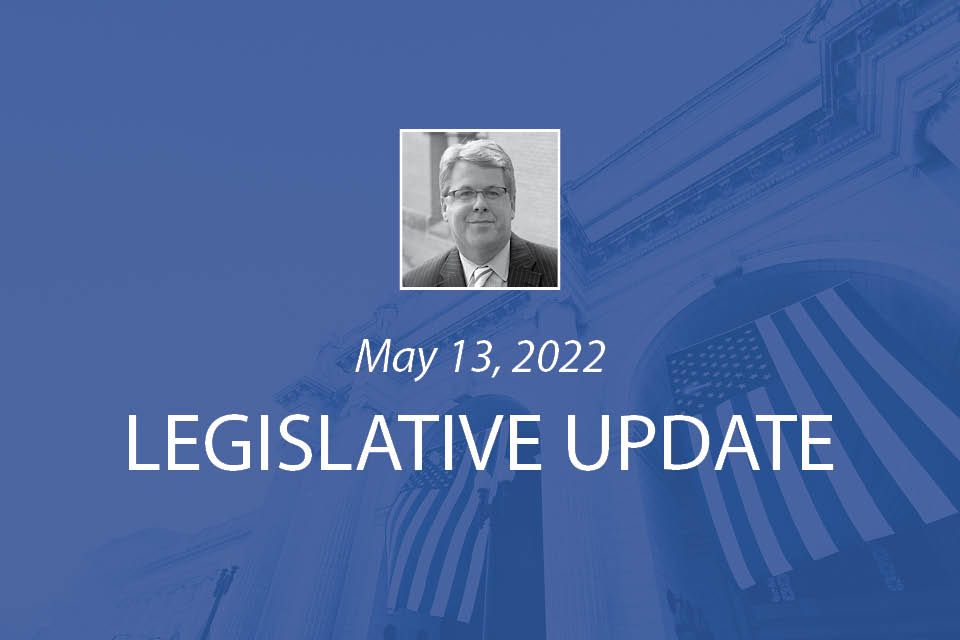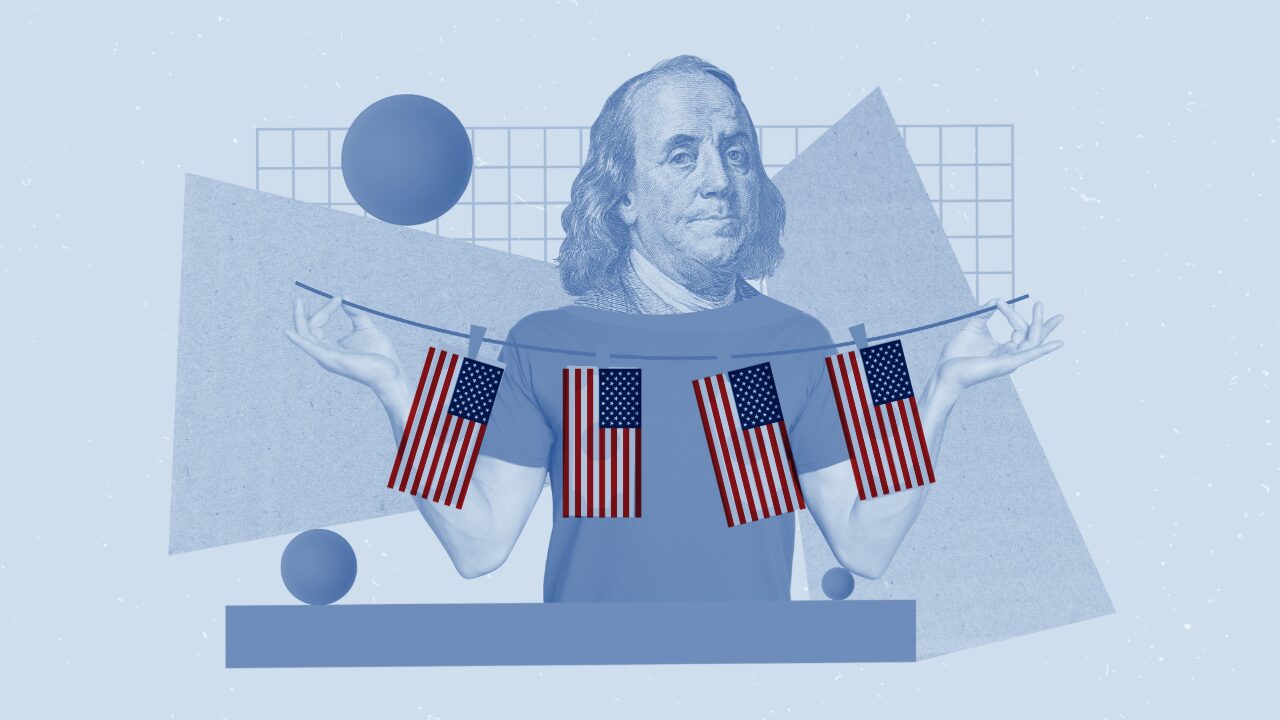Legislation Introduced to Address Trucking Supply Chain
In an effort to address the truck driver shortage, U.S. Representatives Abigail Spanberger (D-VA) and Mike Gallagher (R-WI) introduced bipartisan legislation that would establish a refundable income tax credit for qualified commercial truck drivers.
The bill, titled the Strengthening Supply Chains Through Truck Driver Incentives Act (H.R. 7348), authorizes a tax incentive to attract and retain new drivers. Specifically, the measure would create a two-year refundable tax credit of up to $7,500 for truck drivers holding a valid Class A commercial driver’s license who drive at least 1,900 hours in the year. Additionally, it would establish a new refundable tax credit of up to $10,000 for new truck drivers or individuals enrolled in a registered trucking apprenticeship. This tax credit would also last for two years. So, if it were to be enacted this year, the credit would apply to 2022 and 2023.
New truck drivers would be eligible for the credit if they did not drive a commercial truck in the previous year or drive for at least 1,420 hours in the current year. They would receive a proportion of the credit if they drive less than 1,420 hours in the year, but drove at least an average of 40 hours a week upon starting to drive.
American Trucking Association President and CEO Chris Spear said the bill would attract more drivers into the field by providing substantial tax credits to reduce their federal tax liabilities.
“This bipartisan bill would make a meaningful difference in the lives of new truckers, further elevating the profession as one of the few available in today’s job market that provides a stable career path to the middle class without the costly burden of a four-year college degree. A challenge as complex as the truck driver shortage cannot be resolved through a single solution. Solving it requires a multifaceted approach that combines industry initiative with good public policy such as this legislation.”
In 2021, American trucking companies experienced a record deficit of approximately 80,000 drivers due to hiring and retention challenges. Many trucking companies have struggled to hire drivers without offering bonuses or increased wages to qualified drivers. And to further compound the issue down the road, the median age of U.S. truck drivers is between 51- and 52-years-old. Lead Democrat sponsor of the bill Rep. Abigail Spanberger had this to say about her bill:
“By creating a refundable tax credit for the men and women who keep our goods flowing, we would encourage more young people to hop in the driver’s seat, reduce headaches for trucking businesses, and make sure experienced drivers are rewarded for their hard work.”
Transportation
The Surface Transportation Board—which among other things maintains regulatory oversight of the freight rail sector—has held hearings this spring to explore deficient service being provided by the Class 1 railroads. Numerous sectors testified before the Board in late April about declining service levels that are threatening their businesses. Agriculture, energy, retail, and manufacturing representatives painted a dire picture at these hearings. The STB Chairman had this to say about the current situation:
“Railroads’ longstanding practice of reducing operating ratios by cutting employment levels, mothballing locomotives, and eliminating other essential resources are the central reasons why farmers have been hours away from depopulating herds, manufacturing facilities have reduced operating hours, and shippers cannot get their products to market on time or receive essential raw materials for their companies. These failures are harming the nation’s economy and, in my view, are contributing to the inflationary forces affecting food and fuel in particular.”
The STB appears poised to require railroads to submit service recovery plans as well as provide additional data and progress reports on rail service, operations, and employment. ABMA has been monitoring the situation with the expectation that the Board will take meaningful action to improve rail service across the board. We will keep you apprised of developments.




